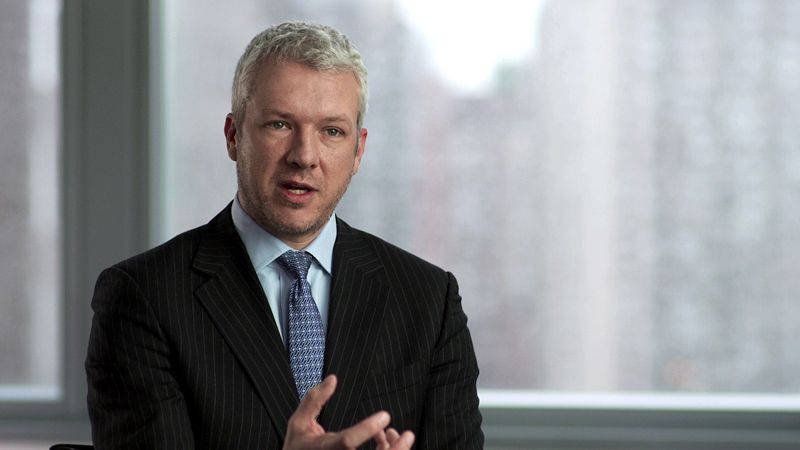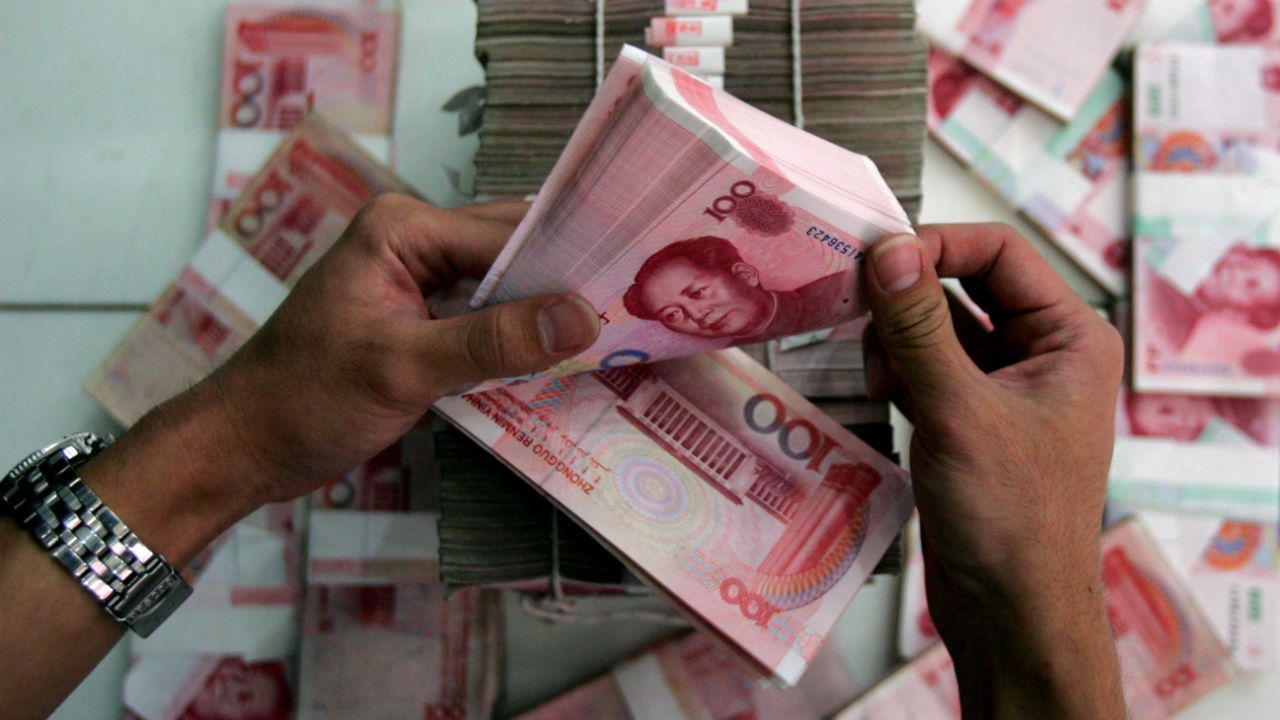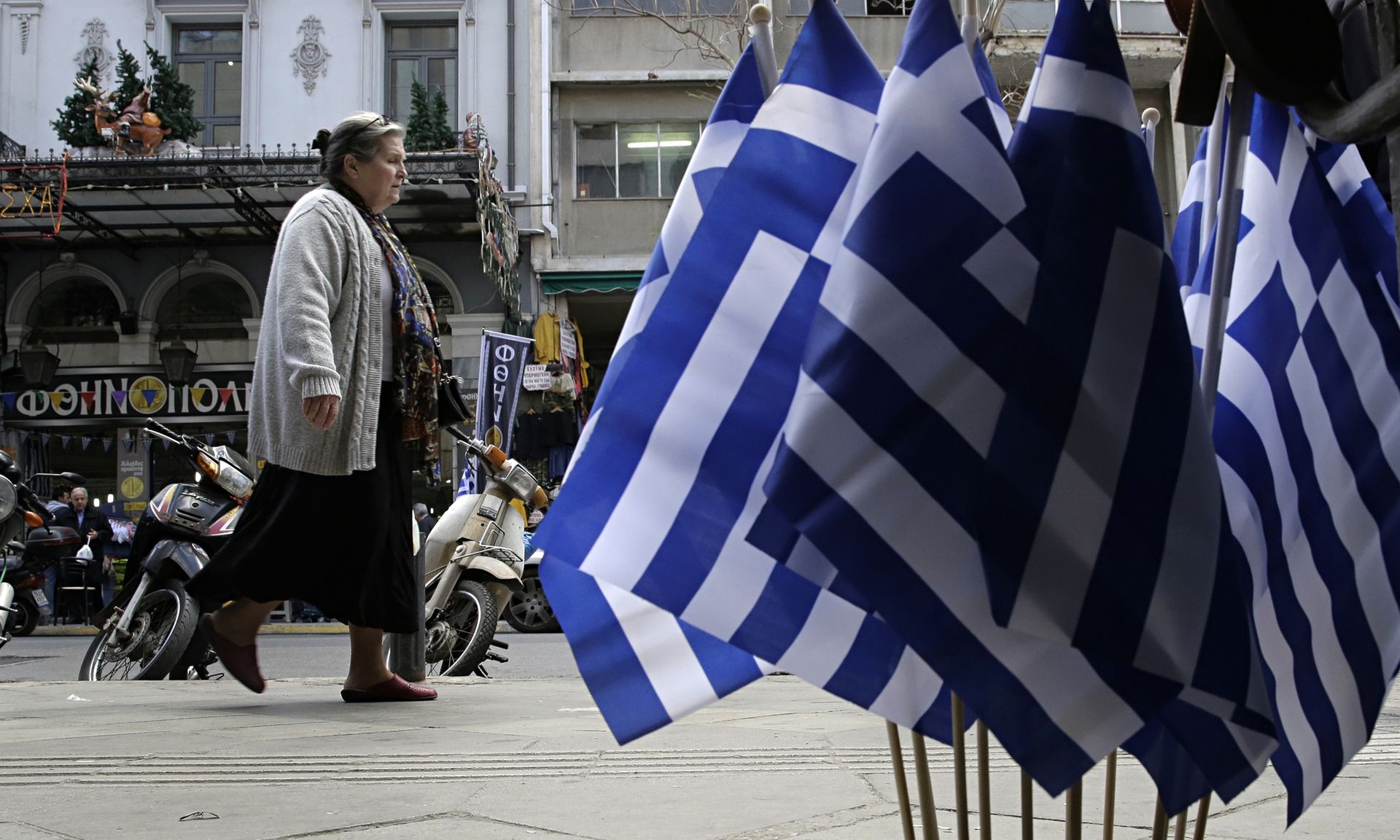BLOG & INSIGHTS

Shares in Europe dropped after the Shanghai Composite Index erased a gain of as much as 4.3 per cent to close lower, capping its steepest five-day slide since 1996. China’s move to cut interest rates provided a respite for equity and commodity markets on Tuesday before gains evaporated in the final hour of U.S. trading, rekindling concern the global rout would deepen. Yields on German bunds fell, after increasing the most in six weeks.
Concern that Chinese policy makers are struggling to prevent a hard landing in the world’s second-largest economy has convulsed global markets, triggering a rush from all but the safest of assets. About US$8 trillion has been erased from the value of global equities since China’s surprise devaluation of the yuan on Aug. 11 as investors weighed prospects for slowing growth and the first interest-rate increase in the U.S. in almost a decade.
“We’ll have more volatility until we get more visibility,” said Jacques Porta, who helps oversee the equivalent of US$570 million as a fund manager at Ofi Gestion Privee in Paris. “The Chinese devaluation worried investors and the economic data has struggled. The potential rate increase in the U.S. also gives worry that worldwide economic growth will slow.”
The Stoxx Europe 600 Index dropped 1 per cent at 6:45 a.m. in New York, paring earlier declines of as much as 2.7 per cent. Standard & Poor’s 500 Index futures gained 1.5 per cent, after the gauge lost 1.4 per cent on Tuesday. Copper slid 2.6 per cent and the Bloomberg Commodity Index declined 0.5 per cent.
Miners and energy companies led the losses in Europe, with Transocean Ltd. plunging 6.9 per cent. The world’s top offshore rig operator said it will halt investor payouts and book 2 billion Swiss francs (US$2.1 billion) in asset impairments as an oil price crash weakens demand for its drillships.


The move sent fresh shockwaves through global markets, pushing shares sharply lower and sending commodity prices further into reverse as traders feared the move could also ignite a currency war that would destabilise the world economy.
There were widespread losses on stock exchanges in Asia, and in Europe markets suffered falls of about 1%, with the FTSE 100 in London tumbling almost 2% at one stage before settling at 6571, down 1.4%.
The Chinese authorities have acted after a string of poor economic figures showed that previous efforts to boost exports and growth against the headwind of an overvalued currency had failed.
A drop of 6.6% in car sales in July followed data at the weekend showing an 8% fall in exports and slowing business investment growth in the same month. A survey tracking China’s factory output for July also missed expectations, coming in at 6% year-on-year growth instead of the 6.6% expected.

Being able to invest and help our clients scale up clean energy solutions… enables us to facilitate the transition to a low-carbon energy future.
In 2009, Virtuxe Group Ltd established our Environmental Policy Framework, which articulated our belief in the importance of a healthy environment as the foundation for a strong and sustainable economy as well as our commitment to developing market-based solutions to address climate change. We have continued to build upon this commitment across each of our businesses.
Head of the Environmental Markets Group at Virtuxe Group Ltd, describes the role financial institutions can play in both mitigating and managing risks relating to climate change and why addressing climate change is an economic and social imperative as well as an environmental necessity. To that end, we are proud to release the following climate pledge, which builds on our existing initiatives:
- Virtuxe Group Ltd has had a long-standing commitment to harness markets and deploy capital to scale-up clean energy technologies and facilitate the transition to a low-carbon energy future.
- As part of this goal, we will play a catalytic role by facilitating financial innovations in clean energy. To this end, we will seek to devise investment structures that bring greater investor capital to underserved markets and facilitate more equitable and affordable access to clean energy. In addition, we will look for opportunities to bring greater capital efficiency to clean energy projects through yield oriented vehicles, securitization, green bonds and other financial mechanisms.
- We will also harness financial mechanisms to help our clients strengthen their physical resiliency and more effectively manage risks relating to weather extremes.
- Recognizing the importance of reducing our own carbon footprint, we pledge to achieve carbon neutrality across our operations and business travel in 2015 and maintain it thereafter. We will also aim to use 100% renewable power to meet our global electricity needs by 2020. Finally, by 2020 we will strive to reduce absolute energy use across our occupied operationally-controlled facilities by at least 10% from a 2013 baseline.

Greece’s European creditors have underlined the temporary nature of the country’s surprise return to growth by warning that they have “serious concerns” about the spiralling debts of the eurozone’s weakest member.
The economic news came as Greece’s parliament met in emergency session on Thursday to ratify a new bailout deal, although it was unclear whether the multibillion-euro agreement had the vital backing of Germany.
The three European institutions negotiating a third bailout package with the government in Athens said that the Greek economy had plunged into a deep recession from which it would not emerge until 2017.
According to an analysis completed by the European commission, the
European Central Bank
and the eurozone bailout fund, Greece’s debts will peak at 201% of its national output (GDP) in 2016.
The study says that Greece’s debt burden can be made more bearable by waiving payments until the economy has recovered and then giving Athens longer to pay. However, it opposes the idea of a so-called “haircut” – or reducing the size of the debt. It is a course of action the International Monetary Fund, which joined the three European institutions in negotiating the latest bailout, thinks may be necessary for Greece’s debts to become sustainable.
“The high debt to GDP and the gross financing needs resulting from this analysis point to serious concerns regarding the sustainability of Greece’s public debt,” said the analysis, adding that far-reaching reforms were needed to address the worries. It forecasts that the Greek economy will contract by 2.3% this year and a further 1.3% in 2016 before returning to 2.7% growth in 2017.
Greece’s debt to GDP ratio will peak next year but will still be 175% in 2020 and 160% in 2022. The IMF views a debt to GDP ratio above 120% as unsustainable.
The analysis emerged shortly after Greece stunned the financial markets by announcing that its economy grew by 0.8% in the three months leading up to the crisis that forced Athens to close the banks and impose capital controls.
Figures from Greece’s statistical agency ELSTAT showed that the country grew more strongly between April and June than the UK, which advanced by 0.7% , even though the last few weeks of the quarter in Greece were dominated by reports of money leaving the country and fears of a debt default.
ELSTAT also revised away a fall in GDP in the first three months of 2015 and now says that the economy was at a standstill during that period.
As a result, Greece was no longer technically in recession over the quarter since the economy’s output did not decline for two successive quarters.

Shares in Europe dropped after the Shanghai Composite Index erased a gain of as much as 4.3 per cent to close lower, capping its steepest five-day slide since 1996. China’s move to cut interest rates provided a respite for equity and commodity markets on Tuesday before gains evaporated in the final hour of U.S. trading, rekindling concern the global rout would deepen. Yields on German bunds fell, after increasing the most in six weeks.
Concern that Chinese policy makers are struggling to prevent a hard landing in the world’s second-largest economy has convulsed global markets, triggering a rush from all but the safest of assets. About US$8 trillion has been erased from the value of global equities since China’s surprise devaluation of the yuan on Aug. 11 as investors weighed prospects for slowing growth and the first interest-rate increase in the U.S. in almost a decade.
“We’ll have more volatility until we get more visibility,” said Jacques Porta, who helps oversee the equivalent of US$570 million as a fund manager at Ofi Gestion Privee in Paris. “The Chinese devaluation worried investors and the economic data has struggled. The potential rate increase in the U.S. also gives worry that worldwide economic growth will slow.”
The Stoxx Europe 600 Index dropped 1 per cent at 6:45 a.m. in New York, paring earlier declines of as much as 2.7 per cent. Standard & Poor’s 500 Index futures gained 1.5 per cent, after the gauge lost 1.4 per cent on Tuesday. Copper slid 2.6 per cent and the Bloomberg Commodity Index declined 0.5 per cent.
Miners and energy companies led the losses in Europe, with Transocean Ltd. plunging 6.9 per cent. The world’s top offshore rig operator said it will halt investor payouts and book 2 billion Swiss francs (US$2.1 billion) in asset impairments as an oil price crash weakens demand for its drillships.


The move sent fresh shockwaves through global markets, pushing shares sharply lower and sending commodity prices further into reverse as traders feared the move could also ignite a currency war that would destabilise the world economy.
There were widespread losses on stock exchanges in Asia, and in Europe markets suffered falls of about 1%, with the FTSE 100 in London tumbling almost 2% at one stage before settling at 6571, down 1.4%.
The Chinese authorities have acted after a string of poor economic figures showed that previous efforts to boost exports and growth against the headwind of an overvalued currency had failed.
A drop of 6.6% in car sales in July followed data at the weekend showing an 8% fall in exports and slowing business investment growth in the same month. A survey tracking China’s factory output for July also missed expectations, coming in at 6% year-on-year growth instead of the 6.6% expected.
